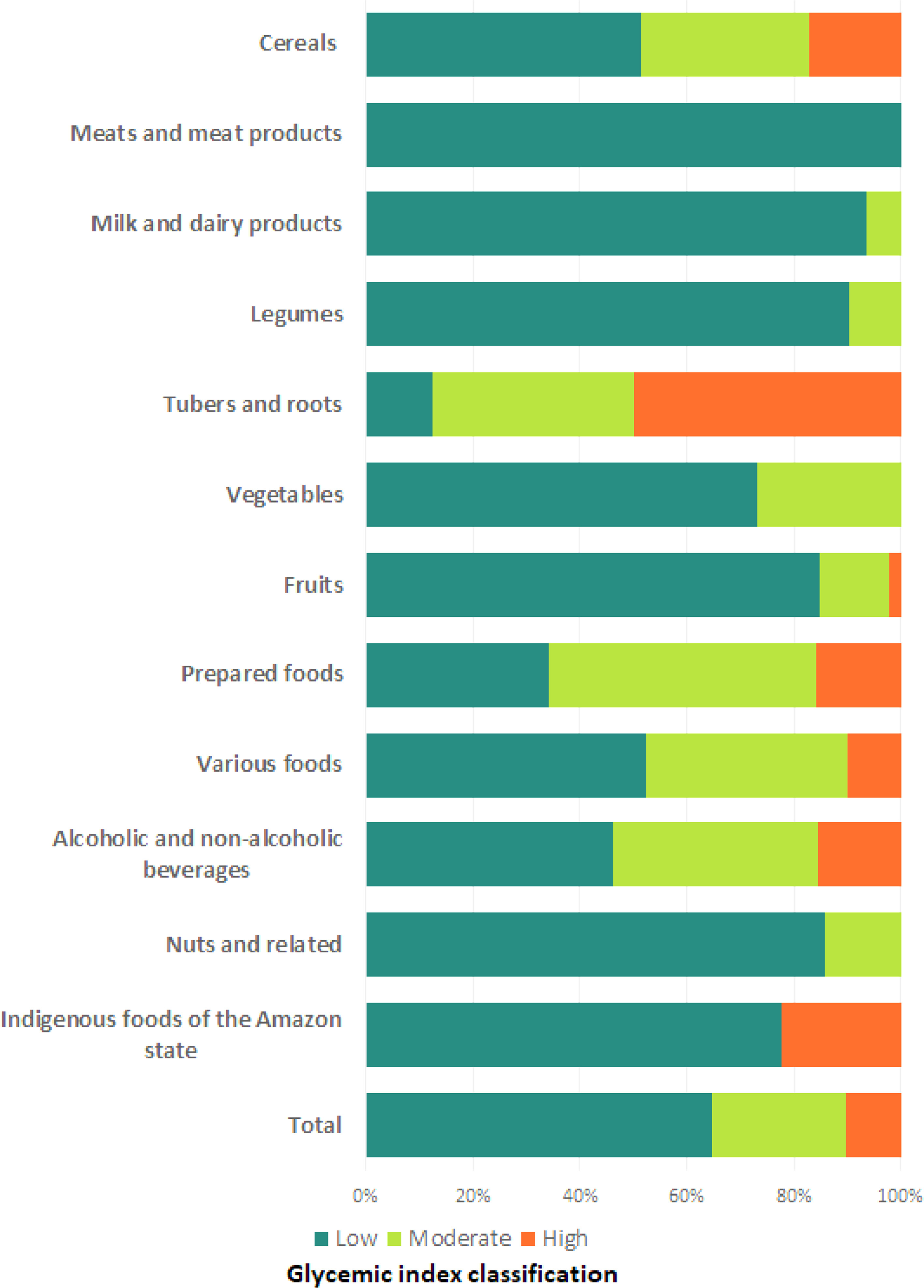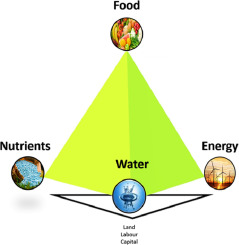Elsevier,
Current Developments in Nutrition, Volume 6, Issue 9, September 2022, nzac121
Understanding the complexity in which Farmer-Based Organizations' (FBO) participation, empowerment, nutritional status, and food security are linked is critical in designing interventions that promote gender equality and improved nutrition.
Elsevier,
The Lancet Planetary Health, Volume 6, July 2022
This Viewpoint supports SDGs 7 and 10 by reviewing climate mitigation scenarios in the context of energy inequalities between the Global North and the Global South. The authors conclude that existing mitigation scenarios exacerbate inequalities and increase climate risk in the Global South.
Elsevier,
The Lancet HIV, Volume 9, July 2022
An Article in support of SDG 3, showing that in a sample of hospitalised people contributing data to the WHO Global Clinical Platform for COVID-19, HIV was an independent risk factor for both severe COVID-19 at admission and in-hospital mortality.
Elsevier,
The Lancet, Volume 400, 2 July 2022, Pages 48-59
This Article supports SDGs 3 and 6, focusing on the effects of water, sanitation, and hygiene interventions on childhood diarrhoea in low and middle income countries. Their findings support the higher service levels called for under SDG 6.
Elsevier,
Transplantation and Cellular Therapy, Volume 28, July 2022
In this relatively large cohort of allogeneic HCT recipients at risk for HBV reactivation, authors demonstrated that HBV vaccination with at least 2 doses of recombinant vaccine starting 1 year after transplantation is independently associated with a reduced risk for HBV reactivation and appears to be durable for years. Furthermore, authors confirmed that that HBV reactivation is a late complication of HCT, occurring at a median of 21 months after transplantation. Finally, authors confirmed that recipient HBsAb concentration above the threshold of protection (10 IU/L) before transplantation is independently associated with a reduced risk of reactivation after transplantation.
Elsevier,
The Lancet Regional Health - Western Pacific, Volume 24, July 2022
This Article supports SDG 3 by estimating the prevalence of hepatitis B, C and D viruses in Vietnam since 1990; findings indicate that hepatitis B virus is by far the biggest contributor to hepatitis-related morbidity and mortality in Vietnam and so and elimination efforts must focus on screening and treatment of pregnant women and improved provision of active and passive immunisation at birth to prevent vertical transmission.


